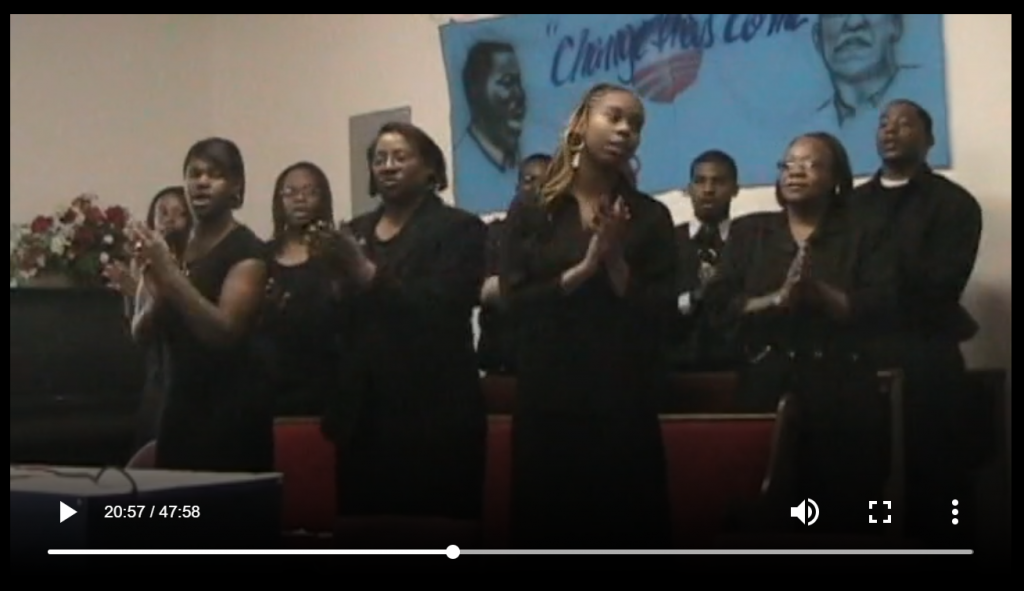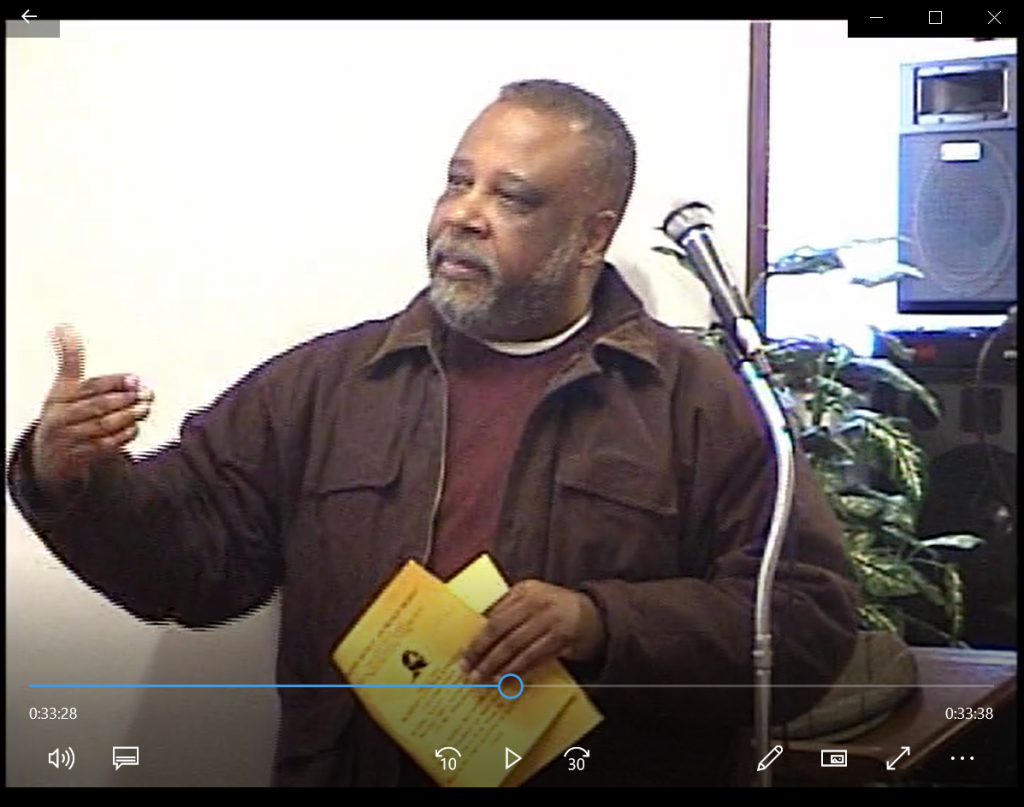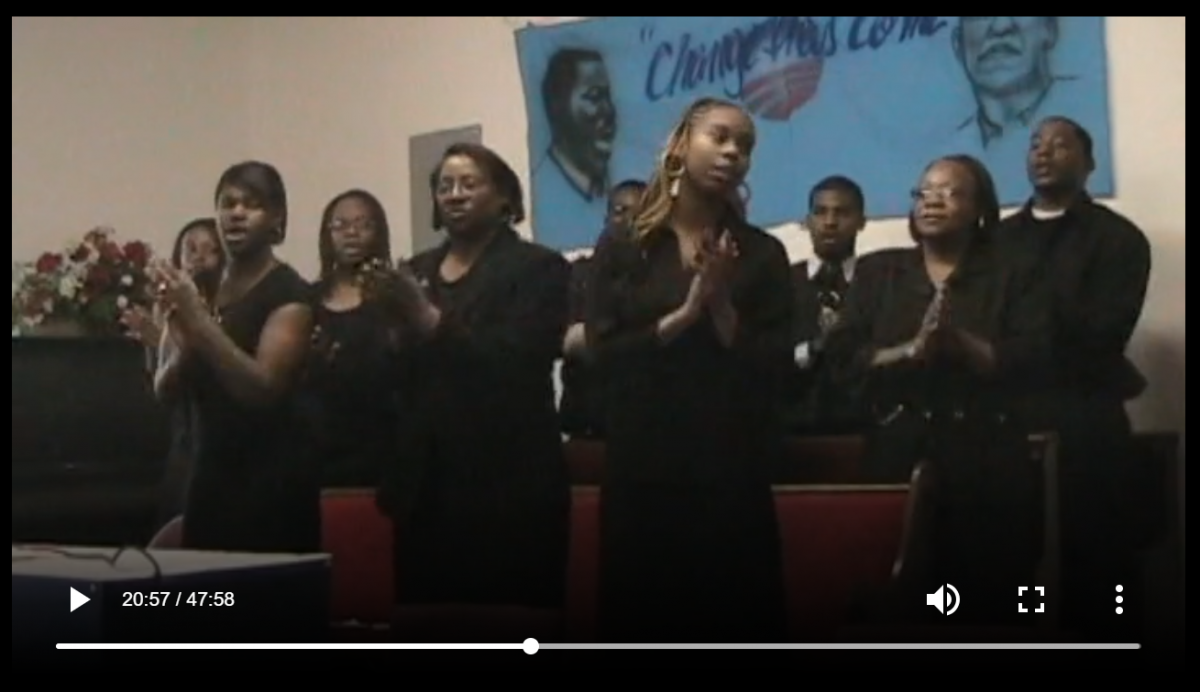Today, as the world celebrates Martin Luther King Jr. Day, let us remember King’s full legacy – not just his legacy in the struggle to end racial segregation, but also his commitment to economic justice, his staunch opposition to the Vietnam War, and his advocacy for the American worker and deep involvement in the labor rights movement. Let us remember that in the days preceding his assassination in Memphis, Tennessee, King was working with union leaders and black workers during a citywide sanitation strike. In his famous “I’ve Been to the Mountaintop” speech, delivered before a meeting of the AFSCME union in Memphis, the night before he was killed, King said,

“You are demanding that this city will respect the dignity of labor. So often we overlook the work and the significance of those who are not in professional jobs, of those who are not in the so-called big jobs. But let me say to you tonight that whenever you are engaged in work that serves humanity and is for the building of humanity, it has dignity and it has worth.”
There is also a story about labor embedded in the history of the observation of the annual Martin Luther King holiday. When MLK Day was first observed in 1986, it was not a paid holiday for the great majority of American workers. But this has changed slowly over the last three decades. A 2018 Bloomberg poll reported that 43% of workers in the United States marked the day as a paid holiday – an all time high. A new resource in the Southern Historical Collection (SHC) sheds light on how one group of workers in Rocky Mount, N.C., fought to secure a paid holiday from their employer, so that they could celebrate MLK Day with their community.

In January 1990, a group of 210 workers at the Consolidated Diesel Company plant in Rocky Mount signed a petition calling for the company to grant a paid holiday for Martin Luther King Day. Three workers went to deliver the petition to the plant’s human resources manager, but he was not in his office because he was out attending a MLK Day breakfast (an event the employees could not attend because they were working). At first, management told workers that they would never agree to grant a paid holiday because it would cost the company too much money. So the workers organized the CDC Workers Unity Committee and carried on an advocacy campaign, handing out flyers and buttons to their co-workers, and working with the Rocky Mount Ministerial Association to organize a Juneteenth rally in support of their cause. After eight months of negotiations, the company agreed to establish a paid holiday for MLK Day. In 1991, labor organizers joined with leaders of the local African American community to host the first MLK Day celebration at the nearby Bloomer Hill Community Center in Whitakers, N.C. Every year since, the workers have come together for “A Day On, Not a Day Off,” to sustain Martin Luther King Jr.’s original vision of service and action.
The SHC’s newly processed James Wrenn Papers documents the workers’ efforts to establish a paid holiday, it includes programs and leaflets from many of the MLK Day celebrations from 1991 to the 2010s, and contains VHS and digital recordings of several of these MLK Day events. The collection also documents Wrenn’s work with the People’s Coalition for Justice, the Carolina Auto, Aerospace & Machine Workers Union-UE 150, and the Bloomer Hill Community Center in Whitakers, N.C.
For more information on the James Wrenn Papers, collection #5625, please check out the online finding aid: https://finding-aids.lib.unc.edu/05625/

